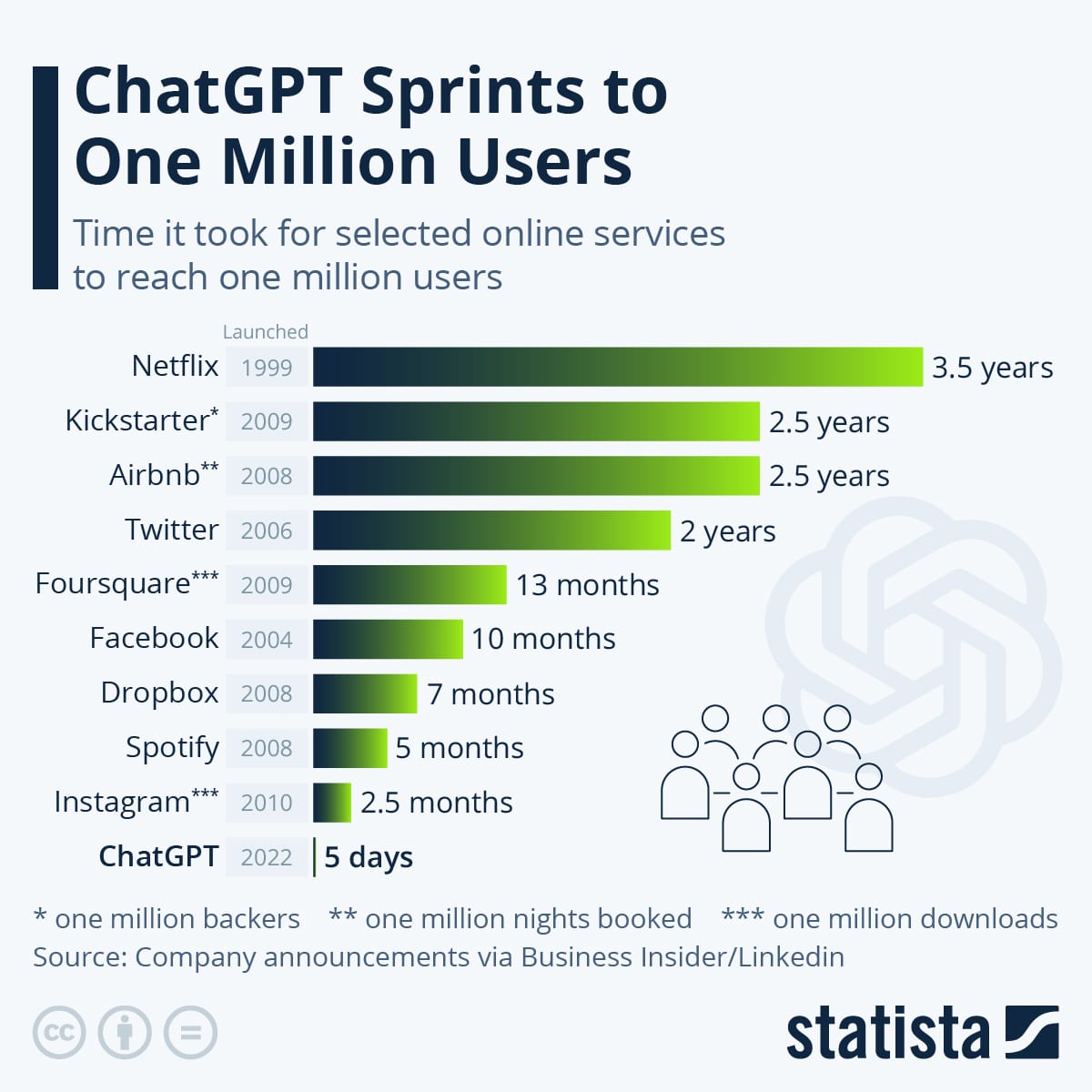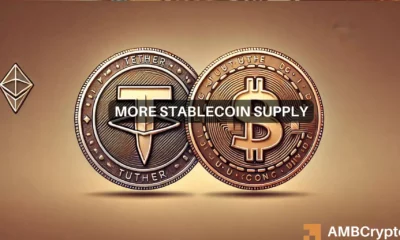ChatGPT vs Bard – Which AI chatbot takes the cake?
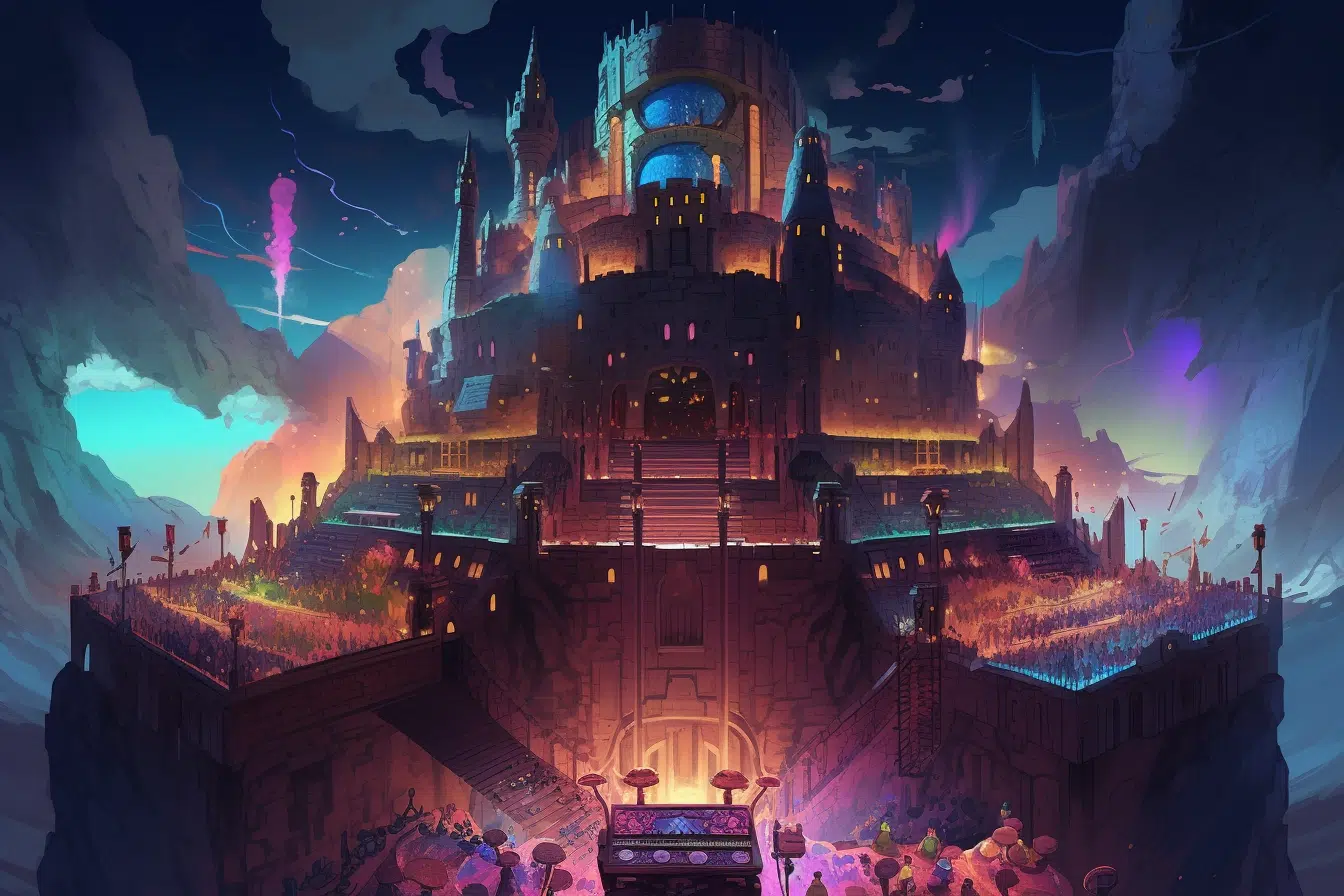
ChatGPT vs Bard is a comparison that has many people talking right now. And, with good reason too.
When artificial intelligence (AI) research firm OpenAI unveiled ChatGPT in November last year, it triggered an AI race among tech firms around the world. OpenAI’s flagship artificial intelligence product has promoted leading IT and tech firms to engage their brightest minds in the development of their own AI product. The likes of Microsoft, Apple and Google have made significant developments in this field since the beginning of the year.
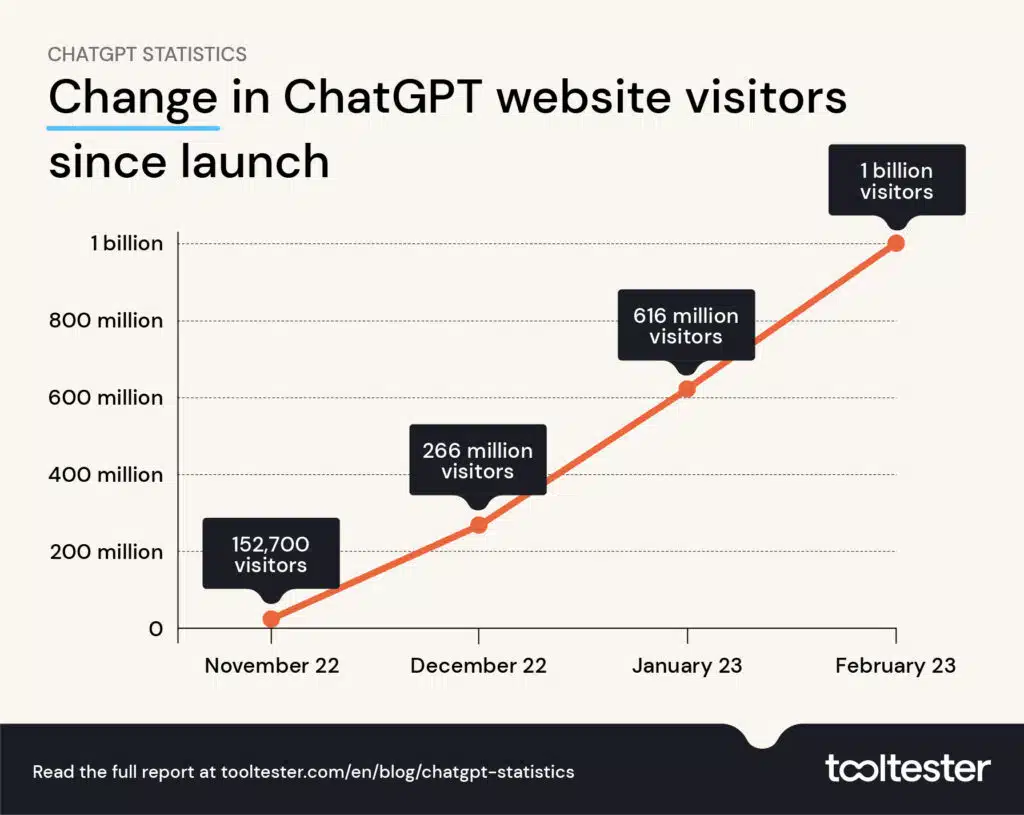
Source: ToolTester
Tech Industry’s Response To ChatGPT
Tech giant Microsoft responded to the AI hype by putting its capital and resources behind OpenAI, the company behind what is arguably the biggest name in artificial intelligence today. The firm poured in a whopping $10 billion in ChatGPT’s parent firm, thereby securing its spot in the AI race. While Amazon has directed its cloud division to explore the AI space, Apple has reinforced its efforts in the machine learning space.
The most direct response to ChatGPT’s growing popularity came from Google. The firm has reportedly made it a top priority to respond to OpenAI’s AI product by introducing an AI alternative. Less than three months after ChatGPT’s launch, Google CEO Sundar Pichai unveiled Bard, a conversational AI service powered by its in-house Language Model for Dialogue Applications.
“Bard can be an outlet for creativity, and a launchpad for curiosity, helping you to explain new discoveries from NASA’s James Webb Space Telescope to a 9-year-old, or learn more about the best strikers in football right now, and then get drills to build your skills,” Google’s CEO Sundar Pichai stated at the time.
Bard’s waitlist opened up on March 21, 2023, allowing millions of users around the world to explore Google’s AI alternative for ChatGPT. Bard’s working appeared similar to that of ChatGPT, given that both are generative AI chatbots. However, Google’s AI product had an edge over its more popular rival in key areas.
The most important difference between Bard and ChatGPT is Bard’s ability to provide the latest information on the basis of real time internet searches. One of the biggest criticisms of ChatGPT was its limited data set. Any questions asked to OpenAI’s chatbot were responded to using a data set with a cut-off at 2021. ChatGPT’s September 2021 cutoff made it impossible for users to get up to date information and solutions. However, Google’s Bard searches the internet in real time and provides the latest possible information. Bard can also suggest Google searches for users who want more detailed information. In addition to latest data, Bard also allows users to export text output into PDF, HTML and word documents. Meanwhile ChatGPT users have no such option.
In order to extract answers from ChatGPT, users are required to enter their text-only. However, Google’s bard allows users to use webpage links as inputs and generate web-page summaries. Bard also allows users to give voice commands in order to dictate long texts. ChatGPT currently doesn’t have an option for voice input. While ChatGPT hasn’t launched a phone version yet, Google has announced that it will be integrating Bard in multiple Google apps.
Bard users also have the option to view multiple drafts of the same answer. This feature comes in handy when the initial AI response doesn’t satisfy the user’s needs in terms of format or vocabulary. Google has also announced that it plans to introduce image inputs for Bard’s prompts using Google Lens. This feature will help users to refine their search by providing the AI bot with specific inputs.
Bard vs. ChatGPT: Strengths and Weaknesses
A quick test-run of Bard and ChatGPT revealed that the human factor associated with AI generated response is more prominent in Bard. Google’s AI product outperforms that of OpenAI’s in terms of mimicking natural language and having more open-ended conversations. Bard is free for all its users. Meanwhile ChatGPT is a paid service that has been rolled out on a subscription basis. When asked about how it is different from ChatGPT, Bard answered by highlighting the strengths and weaknesses of both AI chatbots. “Bard is better at answering questions in a comprehensive and informative way, while ChatGPT is better at generating creative content,” Google’s chatbot noted.
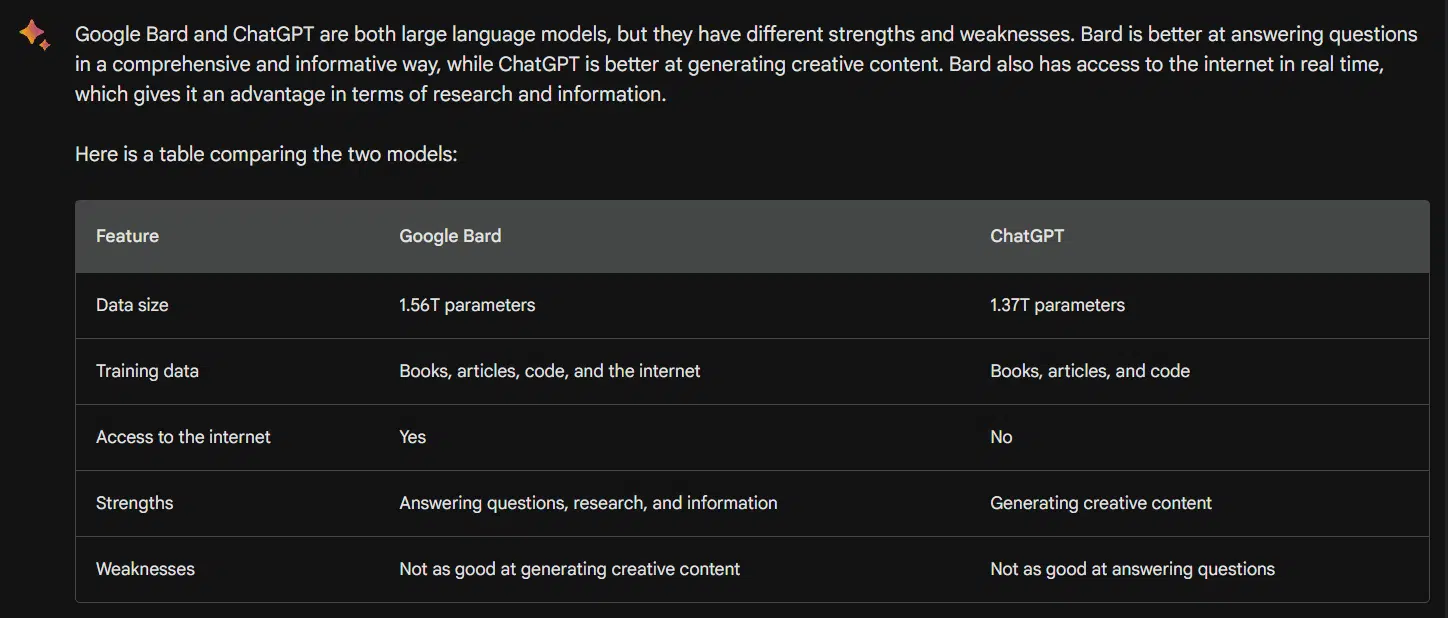
Source: Google Bard
ChatGPT is surely a versatile and valuable tool for anyone using natural language processing. This AI chatbot also has an edge over Google’s Bard when it comes to text processing and comprehensive summarization. ChatGPT also takes the lead in accuracy. Users have pointed out the fake news that they’ve seen on Bard. A Twitter user recently took to the social media platform to share his experience with both AI chatbots. He laid out the same task to both chatbots, writing an orthopaedic literature summary. Bard failed to provide an answer while ChatGPT was able to provide a comprehensive answer for the question.
Several tech influencers have shared their experience with both chatbots online and the consensus is pretty much the same. Google’s Bard takes the lead when it comes to programming languages. Meanwhile ChatGPT is better at responding to creative prompts like requests for copywriting, blog posts etc.
Additionally, Google Bard offers a cleaner user interface with well-formatted outputs. The processing time also happens to be relatively less on Bard.
Judging by the online sentiment for Google’s Bard and OpenAI’s ChatGPT, it is difficult to decide the superior AI chatbot since AI products excel on different fronts.

